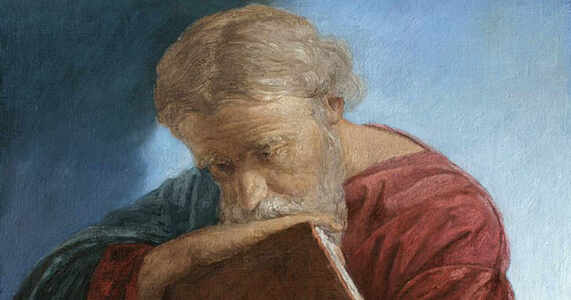The human brain functions as an engine of prediction. Every second, it processes millions of data points, searching for patterns that allow it to anticipate what comes next. This biological need for efficiency allowed early humans to survive in dangerous environments where a rustle in the grass might signal a predator. To function amidst chaos, the mind creates shortcuts, categorizing the world into safe or unsafe, familiar or foreign. While this mechanism serves a vital evolutionary purpose, it creates a significant cost when applied to the complexities of modern life. This cost is prejudice.
In its most literal definition, prejudice means to pre-judge. It acts as a verdict reached before the evidence has been heard. This cognitive leap occurs when an individual encounters a person, a place, or an idea and instantly assigns it a value based on past data rather than present reality. It serves as an assumption made in advance, a conclusion drawn without the labor of investigation. This premature judgment acts as a filter, allowing only information that confirms existing beliefs to pass through while discarding anything that contradicts them.
The mechanism of prejudice results from the drive to conserve energy. Thinking requires intense effort. The brain consumes twenty percent of the body's energy despite representing only two percent of its mass. Assessing every new interaction on its own unique merits demands focus and time. Relying on a stereotype or a pre-existing narrative provides a fast and easy alternative. It allows the brain to sort a complex human being into a simple box, avoiding the nuance that reality demands. When a person sees a stranger and immediately categorizes them based on clothing, skin color, or age, they see a projection of their own internal database rather than the individual.
Consider the hiring manager who glances at a name on a resume and feels an immediate, unexplained hesitation. This reaction is not based on the candidate's skills or experience, but on a subconscious association linked to that name. The brain retrieves a stored pattern—perhaps a media stereotype or a childhood memory—and applies it to the present situation. In milliseconds, a decision is made to reject an opportunity for talent, driven entirely by an efficiency algorithm that prioritizes familiarity over potential. The manager believes they are making a rational choice, but they are actually obeying an ancient script designed to minimize cognitive load.
This dynamic extends far beyond social interactions. It shapes how individuals perceive environments and concepts. A traveler might dismiss an entire region as dangerous or uninteresting based on a single news report, never discovering the vibrant culture that exists beneath the headlines. A student might reject a field of study as "too difficult" or "irrelevant" because of a preconceived notion, closing the door on a potential passion before walking through it. Even food, music, and art are subject to this filtration system. A refusal to try a new dish or listen to a new genre often serves as a defense mechanism, protecting the known world from the intrusion of the unfamiliar.
The consequences of this cognitive rigidity are profound. By operating on autopilot, individuals limit the scope of their own experience. They shrink their world to fit the boundaries of what they already know. Opportunities for connection disappear because the mind has already decided that a conversation holds no value. Solutions to complex problems remain undiscovered because they come from sources that have been pre-dismissed. In a broader societal context, this collective laziness hardens into systemic barriers, where entire groups face denial of access and dignity because of the simplified label they have been assigned.
The classroom offers a stark example of this limitation. A teacher who labels a student as "disruptive" based on a single incident may interpret all future behavior through that lens. A question becomes an interruption; enthusiasm becomes defiance. The student, sensing this pre-judgment, may disengage, confirming the teacher's bias. A potential cycle of mentorship and growth transforms into one of conflict and failure, not because of the student's ability, but because the label served as a barrier to seeing the reality of the child's needs.
Breaking this cycle requires a deliberate override of the brain’s default settings. It demands the introduction of cognitive friction—a pause between the stimulus and the judgment. This pause allows for the injection of curiosity. Instead of asking "What is this?" and accepting the first answer the brain provides, the question becomes "What else could this be?" It creates a shift from certainty to inquiry. When a judgment arises, it can be met with skepticism. Why is this reaction happening? Is it based on personal experience, or is it an inherited script?
Moving beyond prejudice involves disciplining the brain's pattern-matching ability. It requires recognizing that efficiency does not always equal the highest good. There is value in the slow, messy process of understanding. By choosing to suspend judgment, an individual opens themselves to the richness of reality. The stranger becomes a story, the unknown town becomes an adventure, and the foreign idea becomes a tool for growth. This is the work of an agile mind, one that refuses to be trapped by its own shortcuts and chooses instead to engage with the world as it actually is.

